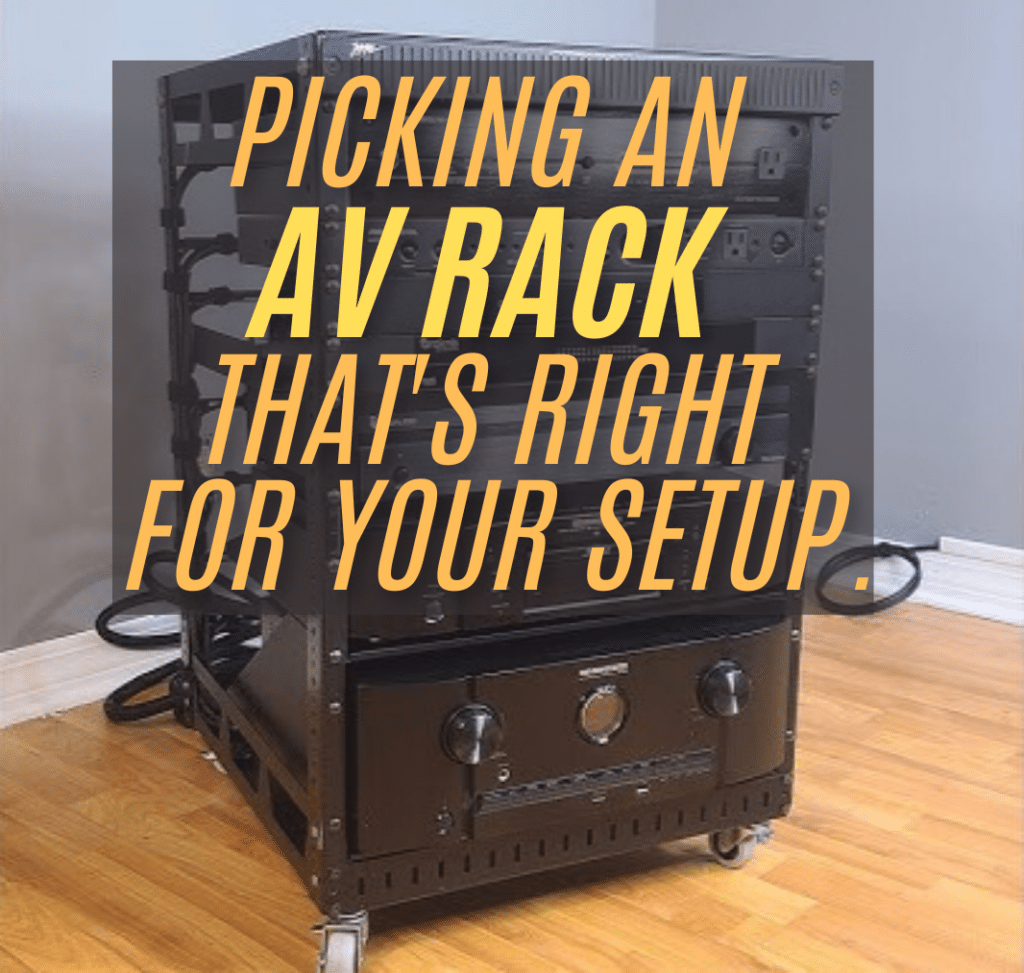Making Room for AV


My first projector was a Nec Data/Video projector – it came in a large box and weighed a ton. I remember how cool I thought it was, I was working for an event and staging company and they purchased one for my territory. It was the first model out which actually had a computer connection…
Join us for the Audio Visual Bend Annual Garage Sale on Saturday, Nov. 14th! Who Should Join Us? Our current AV Bend customers, eBay-ers, DIY-ers, AV-ers, anyone looking for a great deal on AV equipment, and anyone hoping to meet with Tony for a FREE consultation. What is this all about? We are selling a…
Keeping in mind that needs differ between small and large church venues, here are seven reasons your church will benefit from using projectors:
The best way to describe “digital signage” is the use of a digital display to inform or persuade your audience, and in order to communicate with people in this present day, you have to demand their attention. The digital signage software company, Visix, has a fantastic FAQ page regarding digital signage. They state that…
Work better together with Mondopad, the smart and easy touchscreen system for video conferencing, whiteboarding, data sharing and more. This innovative product will enable you and your team to collaborate more quickly and effectively with the following benefits and uses:
Using world renowned DJI technology, our Aerial Video professional is able to capture images that were once out of reach to traditional videographers. DJI flying and camera stabilization systems redefine camera placement and motion. Amazing photos and video, treasured personal memories, and high-end professional imagery are captured every day, in every corner of the…